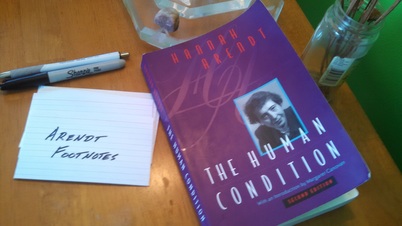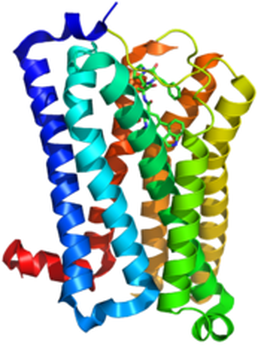
The Strong Man Fallacy
Hannah Arendt, who survived the “strong man” Adolph Hitler, notes that history is filled with examples of strong men become impotent; this is because they did not know how to enlist the help of the many.
The Human Condition
Section 26: The Frailty of Human Affairs
(Page 188, bold added)
Action, as distinguished from fabrication, is never possible in isolation; to be isolated is to be deprived of the capacity to act. Action and speech need the surrounding presence of others no less than fabrication needs the surrounding presence of nature for its material, and of a world in which to place the finished product. Fabrication is surrounded by and in constant contact with the world: action and speech are surrounded by and in constant contact with the web of the acts and words of other men. The popular belief in a “strong man” who, isolated against others, owes his strength to his being alone is either sheer superstition, based on the delusion that we can “make” something in the realm of human affairs – “make” institutions or laws, for instance, as we make tables and chairs, or make men “better” or “worse” (14) – or it is conscious despair of all action, political and non-political, coupled with the utopian hope that it may be possible to treat men as one treats other “material.” (15)
14. Plato already reproached Pericles because he did not “make the citizen better” and because the Athenians were even worse at the end of his career than before (Gorgias 515).
15. Recent political history is full of examples indicating that the term “human material” is no harmless metaphor, and the same is true for a whole host of modern scientific experiments in social engineering, biochemistry, brain surgery, etc., all of which tend to treat and change human material like other matter. This mechanistic approach is typical of the modern age; antiquity, when it pursued similar aims, was inclined to think of men in terms of savage animals who need be tamed and domesticated. The only possible achievement in either case is to kill man, not indeed necessarily as a living organism, but qua man.
The Man burns in 11 days.
Next Up: Arendt Footnotes #5, Montesquieu’s Rapports and Human Passions, Tuesday 1 September.
Posted by Bryan W. Brickner



 RSS Feed
RSS Feed
